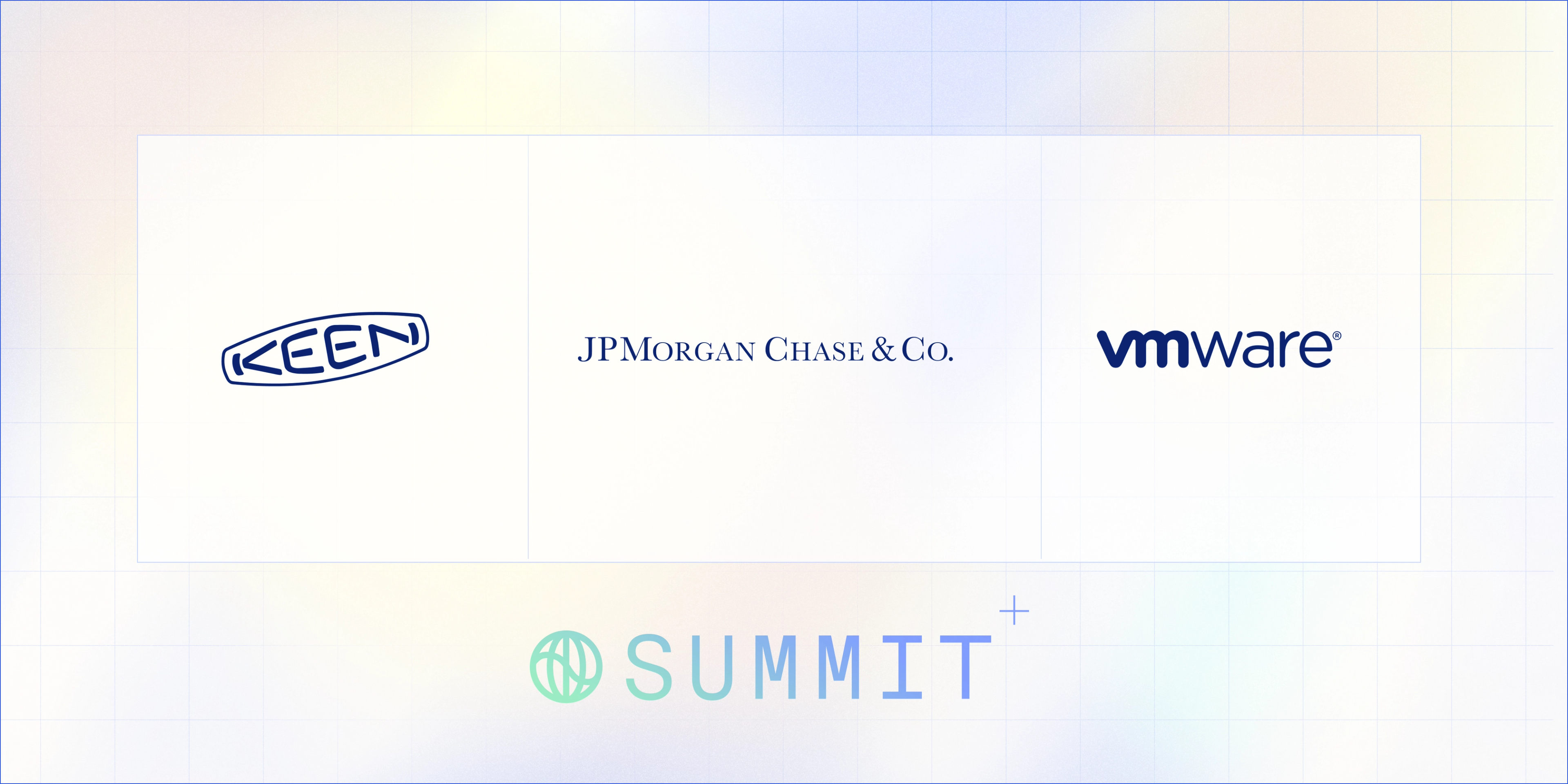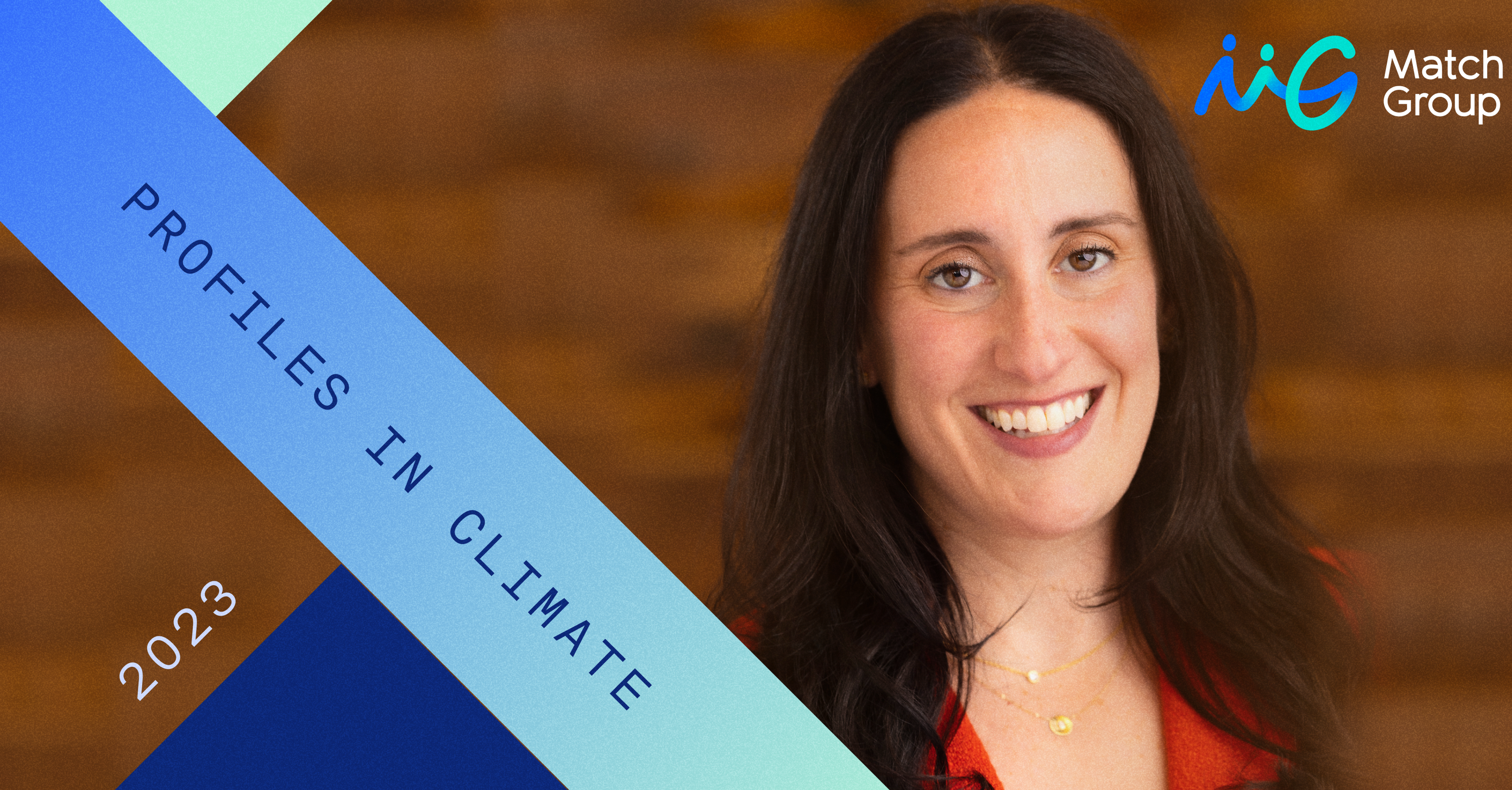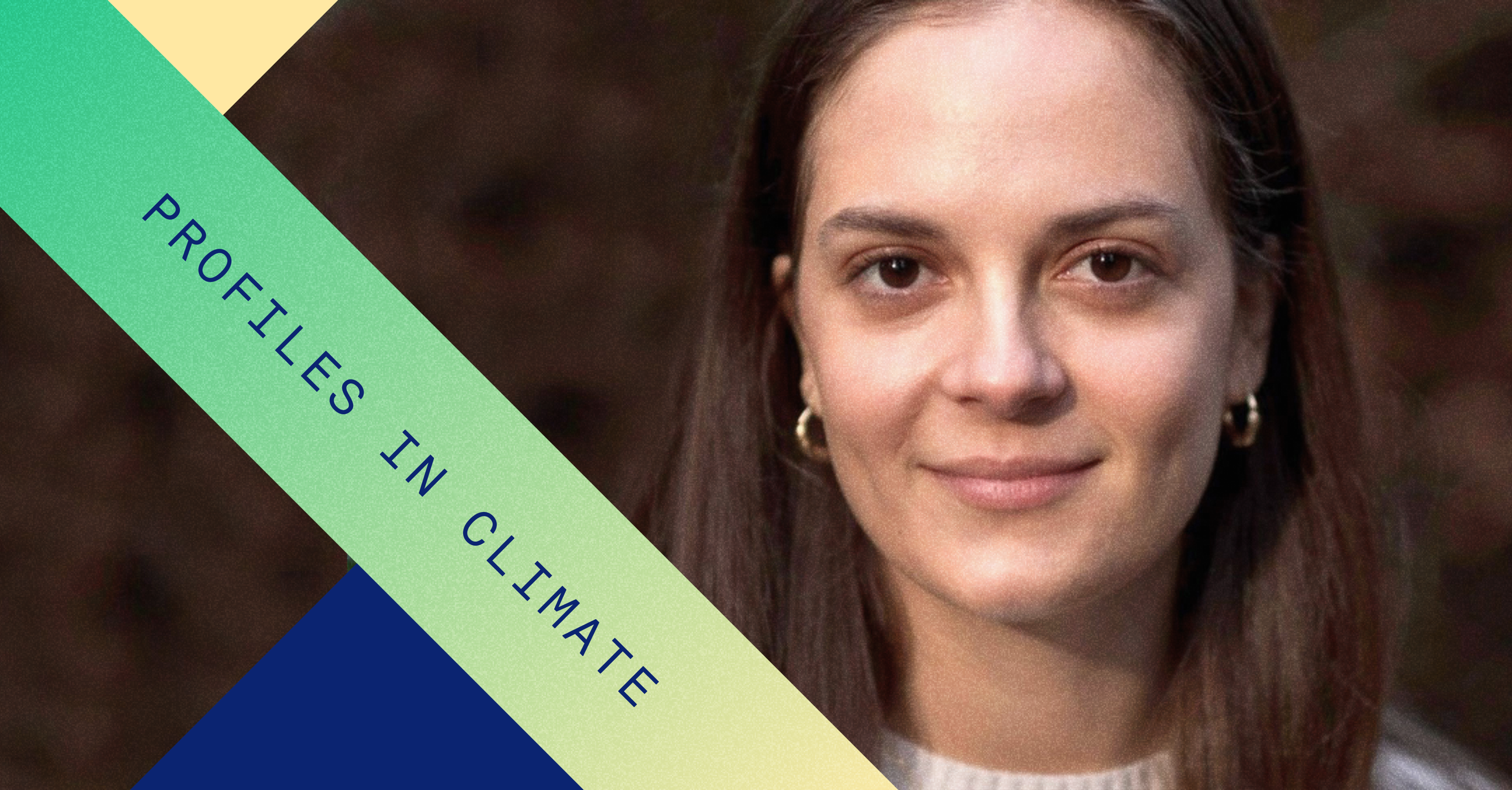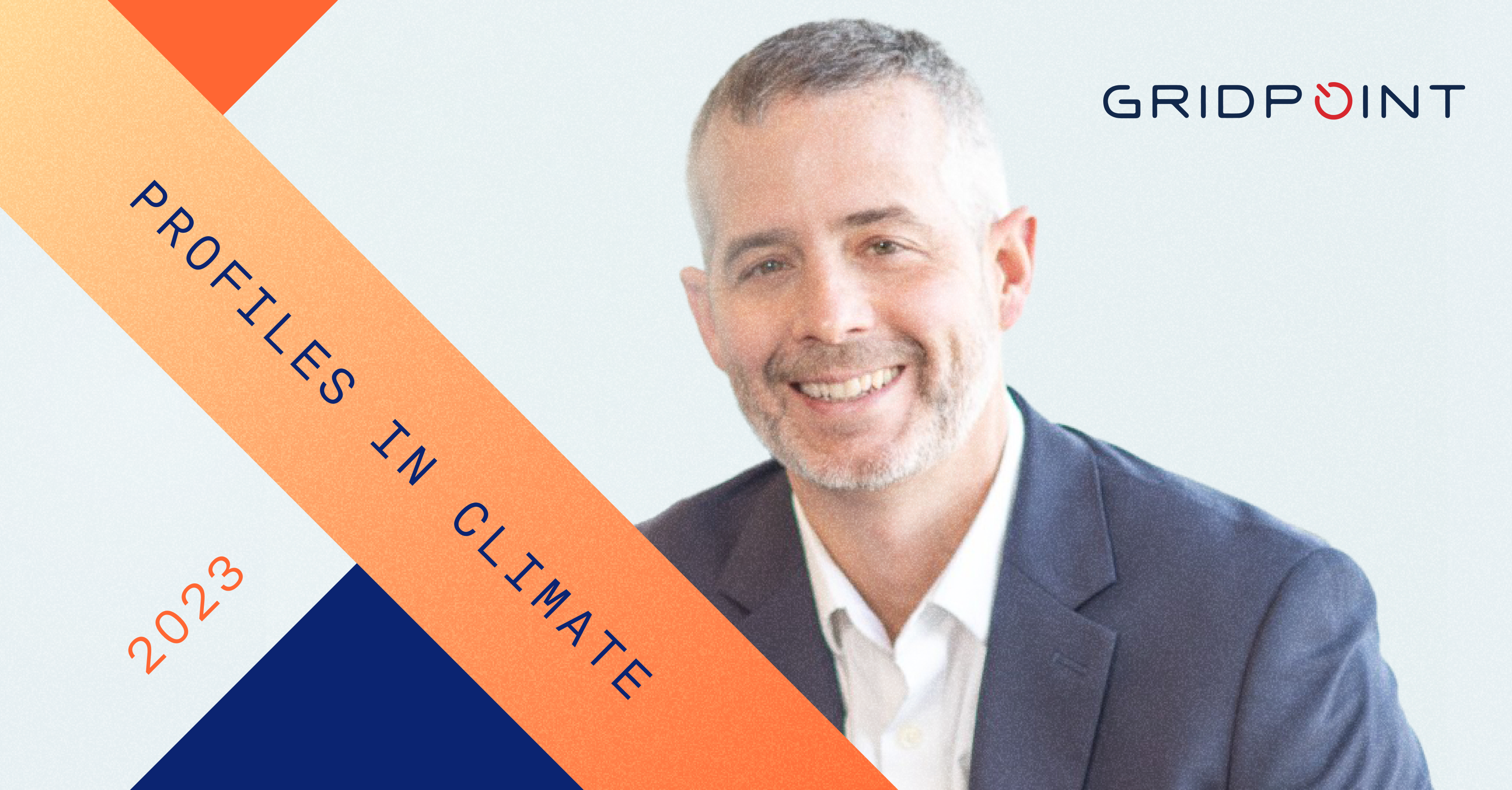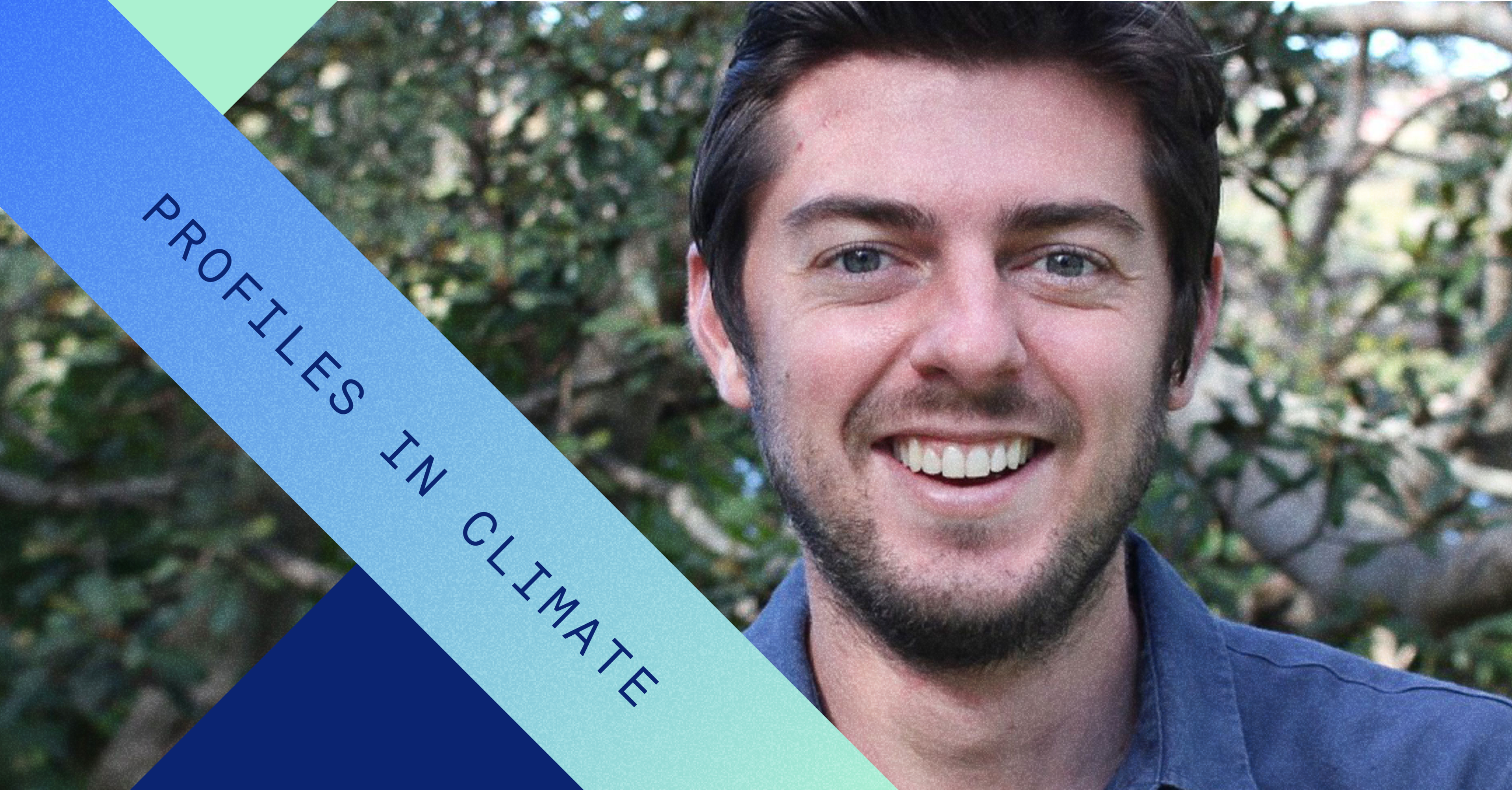As climate work is becoming a critical part of business operations, siloed sustainability teams have become a thing of the past and advice and inspiration from peers is becoming a key part of getting the work done.
At the 2023 Watershed Summit, we hosted a discussion featuring leaders from three of our customers—JPMorgan Chase, and KEEN Footwear. They represent not just different industries but very different stages of climate work—KEEN just completed its first measurement, while JPMorgan has been working on a climate action plan for nearly 20 years. Below we’re sharing key insights from the conversation; you can watch the full session here.
Video unavailable: Vimeo tracking consent required
Meet the customers
Kirsten Blackburn is the Director of the KEEN Effect, KEEN Footwear’s Corporate Social Responsibility program. KEEN was founded in 2003 and remains a family-owned and privately held company. KEEN recently completed its first baseline footprint measurement for 2021. They're in the process of measuring 2022 and are working to set their first science-aligned target and reduction roadmap.
Taylor Wright is the Executive Director for Operational Sustainability at JPMorgan Chase (JPMC). She’s responsible for reducing the environmental footprint of JPMC’s day-to-day operations. Her team develops the firms’ emissions inventory with Watershed, manages targets, and builds the carbon portfolio. They are working to reduce the firm’s Scope 1 and 2 greenhouse gas emissions by 40% by 2030.
Key insights
1. Climate risk is financial risk
The panelists noted that climate can pose risk in a variety of core business functions, including:
- Business growth vulnerability: “We’re seeing that many important retail partners are requiring vendors to take action, so [climate work] is becoming a cost of doing business, and we love this.” - Kirsten Blackburn, KEEN Footwear
2. Always be a (good) teacher when you’re engaging stakeholders.
Kirsten from KEEN talked about the importance of not making the assumption that stakeholders understand every sustainability-related concept, and of creating a safe space to learn:
“In a group setting, I always say, ‘this may be a review for you, but we’re going to cover it anyways in case it’s anyone's first time hearing these terms.”
3. There are a lot of unknowns in climate work, but that shouldn’t stop you from working on it.
Taylor from JPMC talked about the importance of acknowledging internally and externally that challenges exist, using her work to build the firm’s carbon credit portfolio as an example:
“We know there’s a lot of scrutiny on the quality of carbon credits, so we wanted to be really transparent about how JPMorgan evaluates for quality and why this is part of our strategy. It can be useful to acknowledge in communications when something may not be perfect.”
A self-proclaimed “smaller fish in this large pond”, Kirsten from KEEN said,
“You don’t have to have a baked plan to start the [emissions measurement] process, but you can’t change what you don’t measure. Watershed’s platform has really made it fun and easy for us to dissect and double click into our data with the functional leaders across the organization to learn and tell new stories.”
What’s next?
Feeling inspired by what our customer panelists shared? It’s easier than ever to kickstart a climate program. The first step is precise, granular emissions data—because before you can act, you need to know what to focus on. Reach out for help.
If you’re a current Watershed customer and would benefit from talking to other climate practitioners more often, reach out to community@watershedclimate.com about being a founding member of our customer community!
